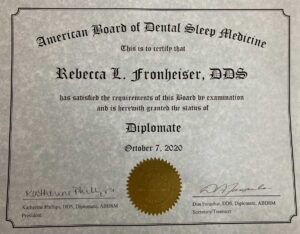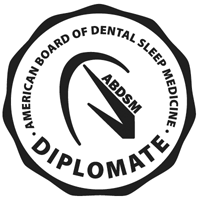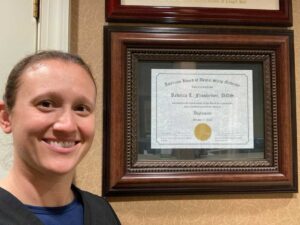HOW MUCH SLEEP DO HUMANS NEED EACH NIGHT?
The National Sleep Foundation recommends that humans sleep for 7-9 hours per night. 35% of the world population is sleep deprived and get only 6.8 hours of sleep each night. Sleep plays a vital role in our physical and mental health. During sleep, a complex set of the human body’s functions repair and reset. For example, proper sleep is important for healing and repair of blood vessels and the heart and for maintaining a healthy balance of the hormones that make you feel hungry (ghrelin) or full (leptin). Poor sleep can increase a person’s risks of heart attacks by 30%, stroke rate by 200% and diabetes by 80%. Poor sleep leads to obesity as the hormones ghrelin and leptin are not properly released and regulated. Cortisol levels increase as sleep deprivation increases leading to weight gain and high blood pressure and the risks of Alzheimer’s increases due to increased deposition of amyloid beta proteins in the brain. Additionally, proper sleep is paramount to proper immune system functioning and deep sleep allows us to store our short-term memory. Lastly, poor sleep leads to a decreased libido!
WHY DO SOME PEOPLE HAVE POOR SLEEP?
There are many things which factor into a good night of sleep. Most importantly, good sleep cannot occur without adequate oxygen for the brain! For some people, when they lay down for the evening, their airways collapse. This is known as obstructive sleep apnea (OSA). Specifically, there is a momentary relaxation of the breathing muscles which causes an airway blockage which leads to a decrease of oxygen. This causes hypoxic stress and this leads to cortical arousals. The brain signals: “Emergency!! Wake up and breathe! The brain wakes up and stimulates muscles to move and open the airway. The brain does not get deep sleep because it is being constantly aroused to keep the airway open so the body does not suffocate! This is noticeable with snoring and periods of no breathing. Tooth grinding/bruxism may also be noticed as the jaw muscles are made to move by the brain to open the airway by pushing the mandible forward. 70-80% of patients with sleep apnea have bruxism.
TREATMENT OF OSA AND SLEEP BREATHING DISORDERS/SNORING
Approximately 1.1 billion people in the world suffer from OSA. Additionally, there are 3.7 billion people who snore, an early form of OSA. Every person suffering from OSA is unique and treatment of OSA needs to be tailored to fit each patient’s needs and comfort level.
The first step is an appointment with a medical sleep specialist for a complete sleep evaluation and diagnosis of the cause of sleep apnea. There are a multitude of options for treating apnea- positive airway pressure therapy, oral appliance therapy, and surgery. Many patients are prescribed CPAPs. CPAPs work 100% of the time to create positive airway pressure. THE PROBLEM IS ONLY 50% OF PATIENTS ACCEPT AND/OR ARE ABLE TO WEAR A CPAP!
For those individuals who are not successful with CPAP therapy, there are other options/devices such as ORAL APPLIANCE THERAPY (OAT). These are custom-fabricated appliances made by taking digital impressions of the teeth and special bite relationships. The goal of these appliances is to find a comfortable and forward position for the lower jaw so as to open the airway and allow for unobstructed nasal breathing. There are several types of OATs and patients are given the options based on their airway needs and their airway phenotype. Ultimately, a physician’s prescription is needed to ensure a correct diagnosis and treatment plan.
HOW CAN OUR DENTAL PRACTICE HELP PATIENTS WHO SUFFER FROM OSA?
If you suffer from daytime drowsiness and fatigue, a loved one tells you that you snore, or you have been diagnosed with sleep apnea by your physician, please give us a call. We would enjoy discussing your options for a better night’s sleep.


